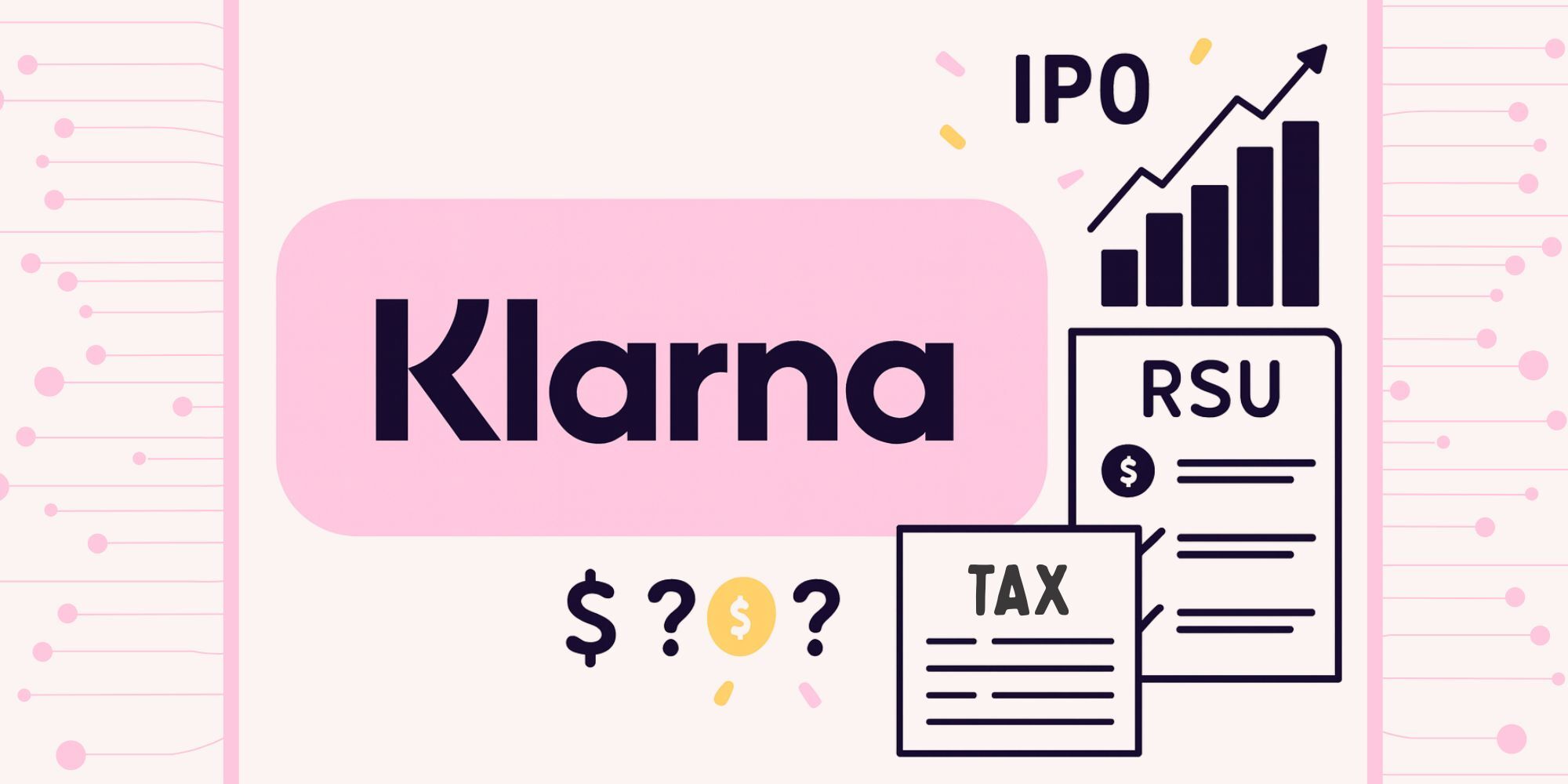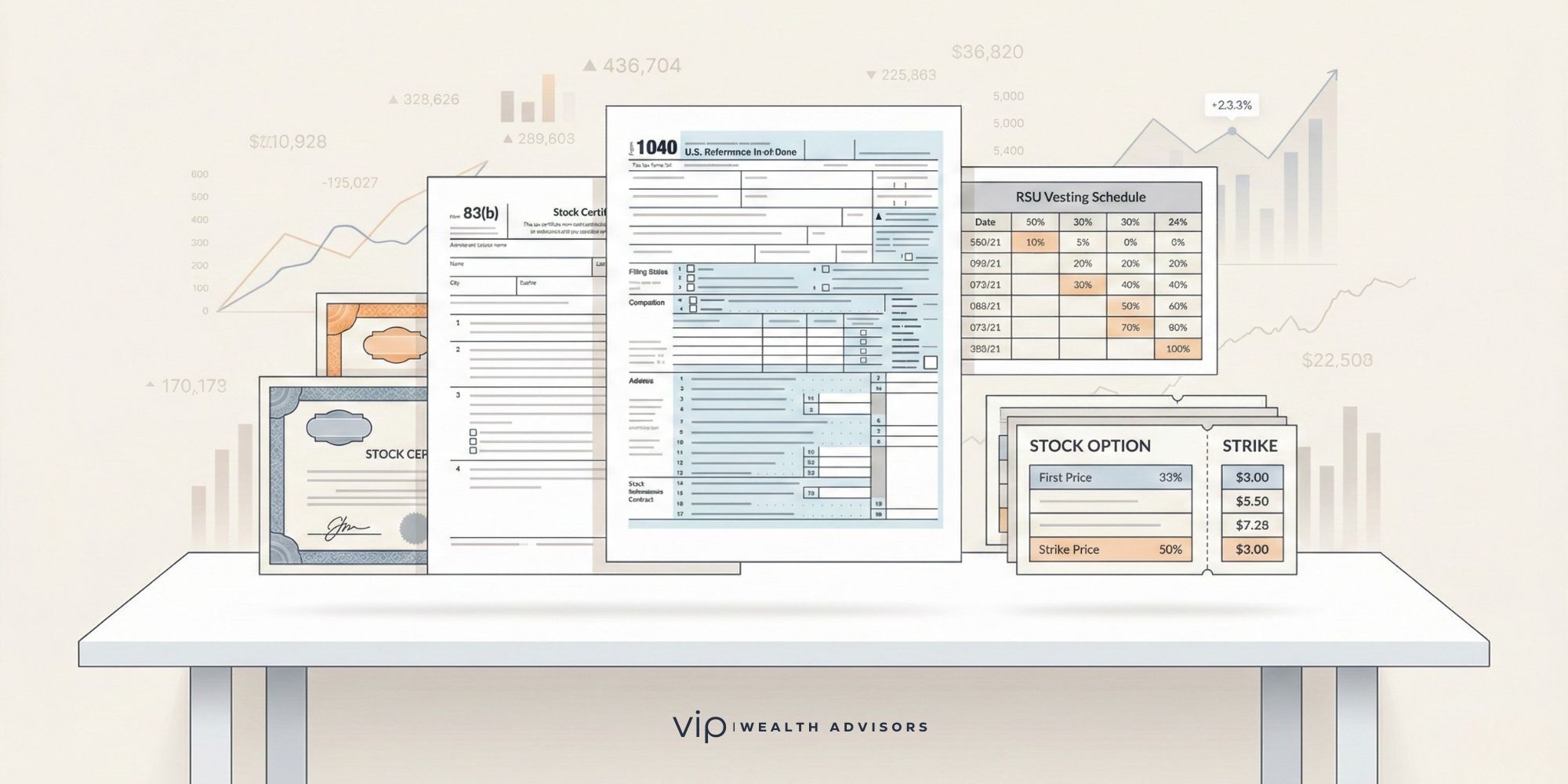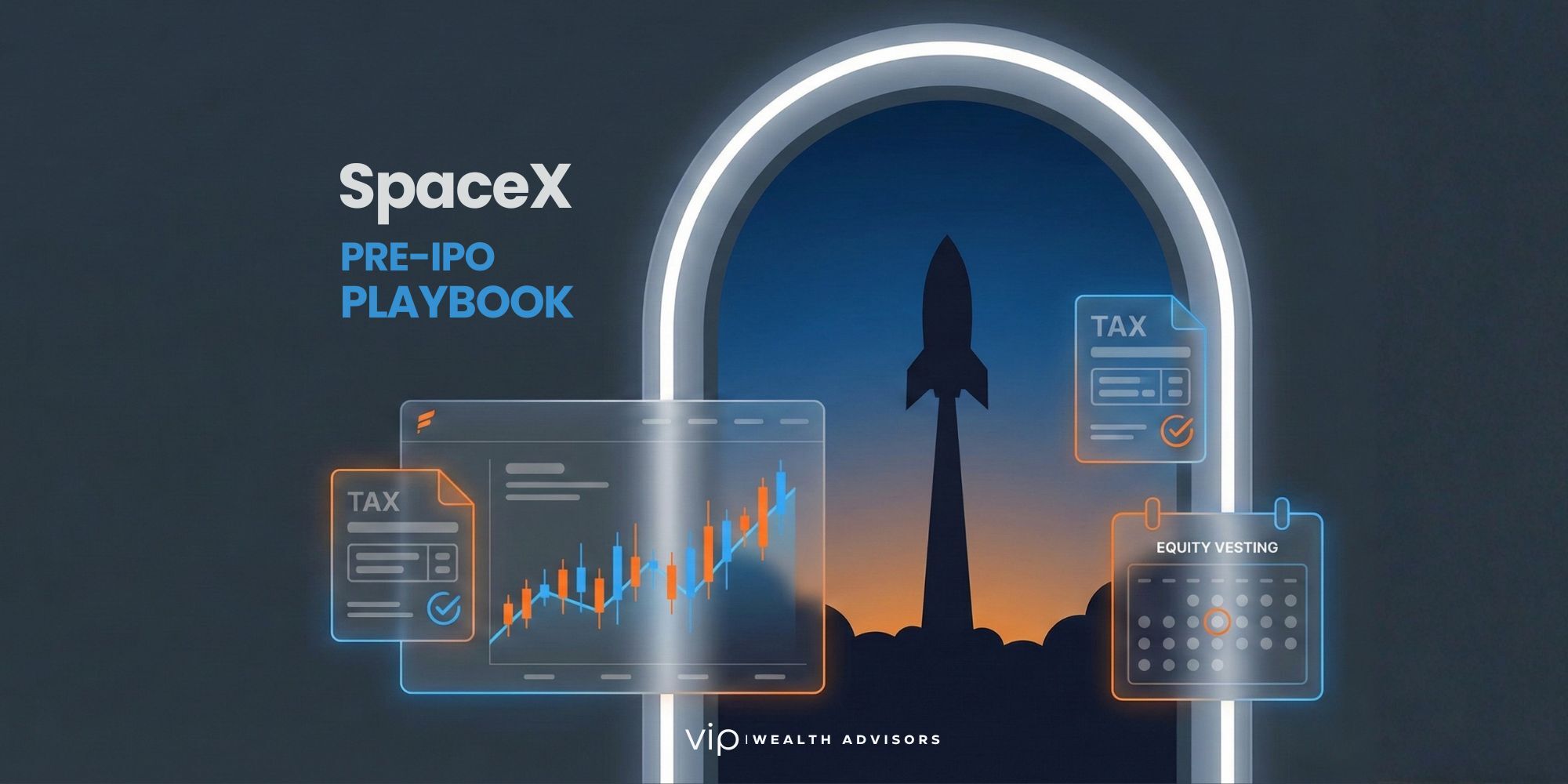Klarna, the Swedish fintech powerhouse known for reinventing "buy now, pay later," has been in IPO limbo for months. After a meteoric rise to a $45.6 billion valuation in 2021, the company faced a harsh reset, dipping to $6.7 billion during the 2022 tech downturn. But Klarna's rebound has been nothing short of impressive. By late 2024, it had clawed its way back to a $14.6 billion valuation.
So where do things stand now?
As of August 2025, Klarna is once again eyeing the public markets, potentially targeting an IPO in September or October. The company filed its F-1 registration with the SEC back in March 2025 and selected the ticker symbol KLAR. But that filing was quickly followed by new tariffs announced by the Trump administration, which rattled global markets and led Klarna to put its plans on hold.
Now, with market sentiment stabilizing and recent IPOs gaining traction, Klarna is actively reassessing its timing, and Klarna employees holding RSUs, phantom shares, or legacy options should be doing the same.
Here’s what you need to know about Klarna's equity compensation, the tax traps to avoid, and how to build a strategy before the IPO clock starts ticking again.
Klarna’s Equity Compensation: What You Need to Know
Klarna offers several types of equity compensation depending on your role, geography, and hire date. While the exact plans are less public than U.S. firms, here's what's known and inferred:
1. RSUs (Restricted Stock Units)
- Klarna has shifted toward RSU-based comp in recent years
- RSUs generally vest over four years with a 1-year cliff and quarterly/monthly vesting afterward
- Most grants are double-triggered—taxable only after both vesting and an IPO or sale event
2. Phantom Shares / Synthetic Equity
- Klarna uses phantom shares for many international employees, especially in Europe
- These are cash-settled awards, not real shares. Payouts are made after a liquidity event based on the company’s valuation.
- No need to buy shares, but fully taxable as income upon payout
3. Options (Legacy)
- Longtime employees may still hold ISOs or NSOs
- Strike prices vary widely; many are underwater based on recent valuations
- Early exercise may have been available for some hires before 2021
What Happens at IPO
When Klarna goes public, your equity shifts from theoretical value to real money—and real taxes.
RSU Holders:
- RSUs convert to actual Klarna stock
- The value at IPO becomes W-2 income
- Klarna will likely withhold tax at ~22% (IRS Supplemental rate), but your actual rate could be 35%+
- If the stock price drops post-IPO, you may owe more in taxes than your shares are worth
Phantom Shareholders:
- You'll receive a cash payout based on the valuation at IPO
- This is taxed as ordinary income with no capital gains benefit
- There are no shares to sell—just taxable income on the payout date
ISO Holders:
- If you exercised early, you may have AMT exposure and need to track dual basis
- Holding your shares post-IPO can unlock long-term capital gains rates, but only if AMT was paid and holding periods are met
The Hidden Tax Traps of Klarna Equity
Even seasoned professionals often underestimate how Klarna's equity and geography affect taxes:
1. Foreign Tax Coordination
- Klarna is based in Sweden, which may affect withholding, tax treaties, and double taxation risks
- If you’ve worked across jurisdictions (e.g., EU + U.S.), planning gets complex fast
2. Cash-Settled Awards = No Deferral
- Phantom shares offer no tax timing control
- If Klarna IPOs in Q4, your tax bill hits immediately, even if you can’t diversify until later
3. Under-Withholding Risk
- U.S. employees often have only 22% withheld, but may owe 32–37% federal + state tax at filing time
4. No QSBS on RSUs or Phantom Shares
- RSUs and cash-settled awards are not eligible for the Qualified Small Business Stock (QSBS) exemption
- Early ISO grants might qualify, but only if held >5 years and acquired when Klarna met QSBS criteria
Klarna Pre-IPO Strategy: What to Do Now
Here's how I help Klarna employees build a plan that avoids nasty surprises:
1. Run a Tax Scenario Model
I calculate how much tax you'll owe based on different IPO prices and award types—RSUs, phantom shares, and options. No more guessing.
2. Build Liquidity to Pay Taxes
If your IPO-triggered RSU value is $300k, Klarna will withhold ~22%—but you might owe $45k–$60k more in April. I help clients create tax buckets in advance to avoid last-minute sales.
3. Coordinate with International Tax Experts
If you've worked across countries or have non-U.S. awards, I collaborate with cross-border CPAs and prepare returns that protect against double taxation.
4. Manage Post-IPO Diversification & Risk
When the lockup ends (typically 180 days), should you sell 25% of your shares? 50%? Donate to a Donor-Advised Fund? Harvest tax losses elsewhere? I help build a sell strategy that balances risk, tax, and goals.
📆 Klarna Employee? Build Your Equity Exit Plan Now
The Klarna IPO is coming — and with it, real money and real tax consequences. At VIP Wealth Advisors, we help Klarna employees navigate equity, reduce tax shocks, and turn RSUs into real wealth.
Let’s build your Klarna strategy before the window opens.
📅 Book Your VIP Planning Call
View More Articles by Topic
- Taxes (81)
- Financial Planning (46)
- Equity Compensation (38)
- Investments (30)
- RSU (23)
- Tax Policy & Legislation (19)
- Business Owner Planning (17)
- Incentive Stock Options (16)
- Retirement (16)
- Psychology of Money (15)
- Alternative Investments (13)
- AMT (9)
- Pre-IPO Planning (9)
- Real Estate (9)
- Estate Planning (8)
- Fiduciary Standard (8)
- Crypto (6)
- NSOs (6)
- The Boring Investment Strategy (6)
- Capital Gains Tax (5)
- Private Investments (5)
- QSBS (5)
- Market Insights (4)
- Post-IPO Tax Strategy (4)
- 401(k) Strategy (3)
- Market Timing (3)
- Q&A (3)
- Stock Market (3)
- Venture Capital (3)
- Altruist (2)
- Charitable Giving (2)
- ETF Taxes (2)
- IRA Strategy (2)
- International Financial Strategies (2)
- Irrevocable Trust (2)
- Legacy Wealth (2)
- Video (2)
- AUM vs Flat Fee (1)
- Atlanta (1)
- Book Review (1)
- Carried Interest Planning (1)
- Depreciation & Deductions (1)
- Education Planning (1)
- Energy Markets (1)
- Precious Metals (1)
- QTIP Trust (1)
- Revocable Trust (1)
- Risk Management (1)
- Schwab (1)
- Solo 401k (1)








